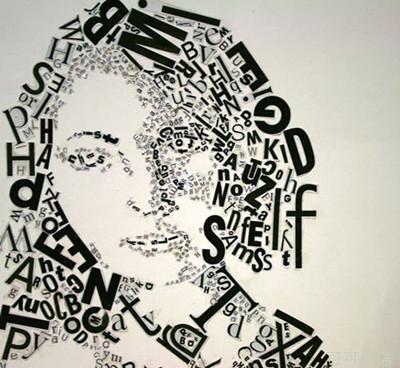Remembering Faces Forever? Are you good at remembering faces? How about the face of a stranger you passed in the supermarket aisle three months ago? Or the face of a waitress who served you dinner last year? That may seem unlikely, but some people are what's known as “super recognizers.”
永远记住面孔?你很擅长记住面孔?那你还记得三个月前在超市走道上碰见的陌生人的长相吗?或者是去年为你点过晚餐的服务员的长相?也许显得很不靠谱,但的确有人是所谓的“超级识别者”。
They can instantly recognize faces they glimpsed months and even years ago. This is interesting because it suggests that face recognition exists on a broad spectrum. Previously, scientists thought that people fall into two basic categories. Most people have more or less the same, average ability for recalling faces.

他们能够立刻辨认出几个月甚至几年前瞥过一眼的面孔。这个现象很有趣,因为这表明面部识别的范畴是广泛的。很明显,科学家们认为人可分为两类。大多数人在记忆面孔的能力方面大抵相同。
But around two percent of people can hardly recognize faces at all—a condition called prosopagnosia. The discovery that a small percentage of people are super recognizers means the overall spectrum of face recognition is more expansive than we knew. While relatively few people fall into either extreme, most of us exist somewhere in between.
但是有2%的人根本辨认不出脸孔——这种情况叫做面容失认症。同时还发现一小部分人是超级面部辨认者,这意味着辨认面孔的整体频谱比我们知道的更为广泛。然而,相对来说属于这两种范畴的人很少,大多数人都是介于这两者之间。
But that doesn't mean that most people are equally competent at recognizing faces. Without being a super recognizer, Joe may exist somewhere in the neighborhood of strong facial recall. Whereas Jane's talent for remembering faces might lie closer to the prosopagnosia end of things.
但是,那并不意味着大多数人在辨认面孔的能力方面是一样的。乔不是一个超级面孔识别者,当他出现在一个辨认面孔整体水平很强的社区时,就显得像得了人面失认症。
For the most part, where you fall on the face recognition spectrum may not matter. But if, say, you're an eyewitness in a murder trial, then your relative ability for recalling faces might become a pivotal fact in the trial.
就绝大部分而言,你属于哪个范围并不要紧。然而,万一你是一桩犯罪案件的目击者,那么你识别面孔的能力就是审判的关键所在了。












